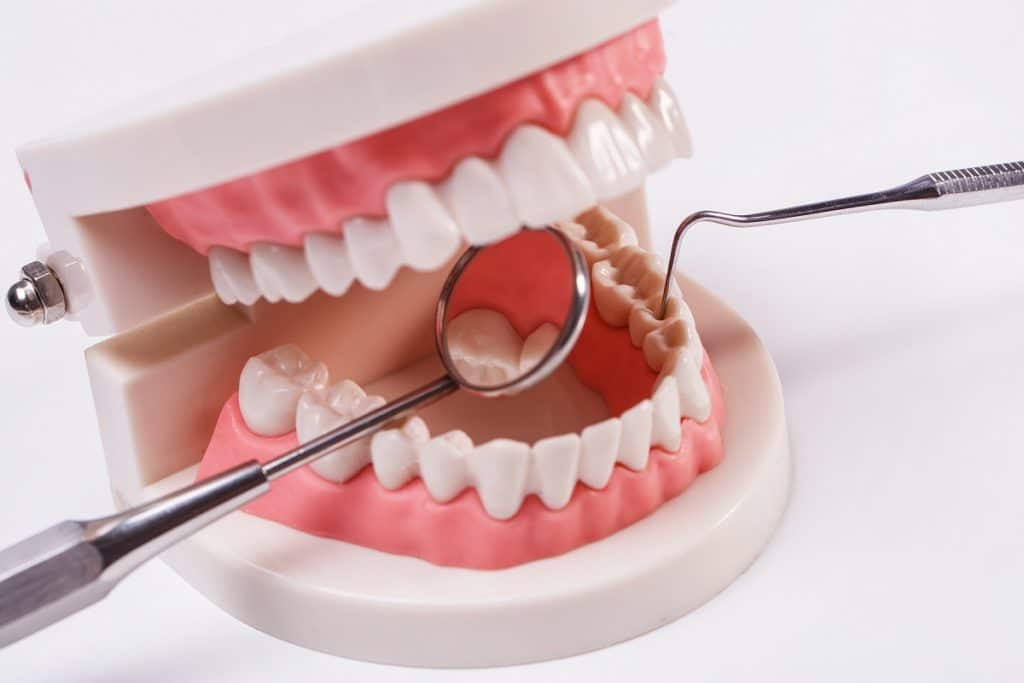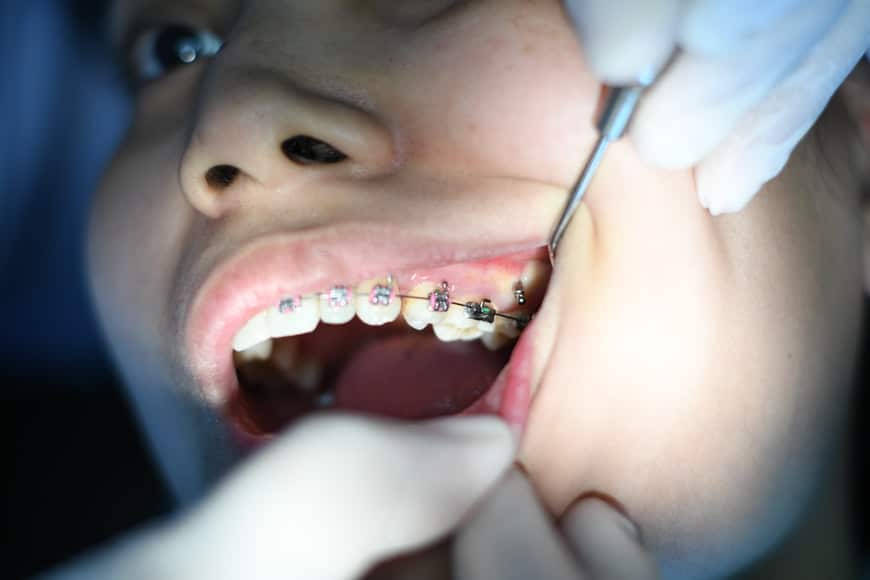
The wisdom tooth extraction process is a standard dental procedure that people usually undergo when wisdom teeth begin to have problems. Also known as third molars, these teeth are the last to grow at the back of your mouth on both sides of each jawbone. As they develop fully, some people may experience problems with wisdom teeth, such as pain and infection, which often results in having them extracted.
The Process of Having a Wisdom Tooth Removed
Wisdom teeth can cause various problems for different individuals. Whatever the ailment, a troublesome wisdom tooth needs an extraction.
First, the patient will need to undergo a health checkup so that their dentist can determine whether they are healthy enough for this particular surgery. The patient should inform the dentist about all medications and supplements they are taking to advise them accordingly if it may affect having the tooth removed.
Before having their wisdom teeth removed, the patient needs to take some anesthesia to lessen the pain they will experience during and after the removal. The most commonly used types of anesthetics which most dentists recommend are intravenous sedation or general anesthesia. Nitrous oxide, which is worn like a mask over your nose so that you can inhale oxygen-enriched gas while under the effect of other drugs, may accompany this.

The wisdom tooth extraction procedure usually begins by making an incision in the gum tissue over the tooth’s area. This allows your dentist to see the bone and surrounding tissues. Then, a small hole is drilled into the bone, and the tooth is removed. In some cases, if the tooth has not fully erupted, your dentist may need to remove it in pieces.
Once the tooth is removed, they will stitch up the incision and apply pressure to stop bleeding. If you have more than one wisdom tooth removed, your dentist may perform this surgery in two stages.
The Recovery Process after Wisdom Tooth Extraction
Provided that the patient followed all instructions given by their dentist and did not suffer from any serious complications, most people recover very quickly after having their wisdom teeth removed. However, there are cases when some people experience slight pain and swelling following the surgery. Usually, the pain is more severe in surgery and can be alleviated through regular pain medication such as ibuprofen or acetaminophen (Tylenol).
If you can tolerate these medications well with no side effects, it’s advisable to take them for a few days, which should be enough time for your gums to heal completely. Many people will also require antibiotics before and after this surgery to prevent infection and other complications.
On the day of surgery, it’s essential to follow all instructions given by your dentist because this will help you recover faster and minimize the risks involved with the procedure. For example, it’s advisable to avoid smoking or drinking alcoholic beverages for at least two weeks so that your gums can heal entirely without problems. Meanwhile, you should also take care of yourself while under the effect of anesthesia because there could be risks involved, especially if you aren’t healthy enough to undergo this kind of procedure.
It would be best not to drive until someone else can bring you back home after the surgery if something were to happen while under the effect of anesthesia. If possible, you should try not to do any strenuous activities where there is a high risk of getting injured because your gums are still healing, and, typically, they feel a little sore.
If everything goes as planned, the patient should be able to return to work within a few days after surgery, provided that no serious complications have arisen.
Furthermore, most patients start feeling better within two weeks of surgery at cosmetic dentistry in Chandler. They can continue with their regular daily activities as before, which include brushing their teeth twice a day, flossing every day, and eating hard foods as long as they don’t cause pain or bleeding from their gums. They should also see their dentist for follow-up visits to check if everything has healed properly.
To know more about it, book a consultation with Peace of Mind Dental Studio in Chandler, AZ.


